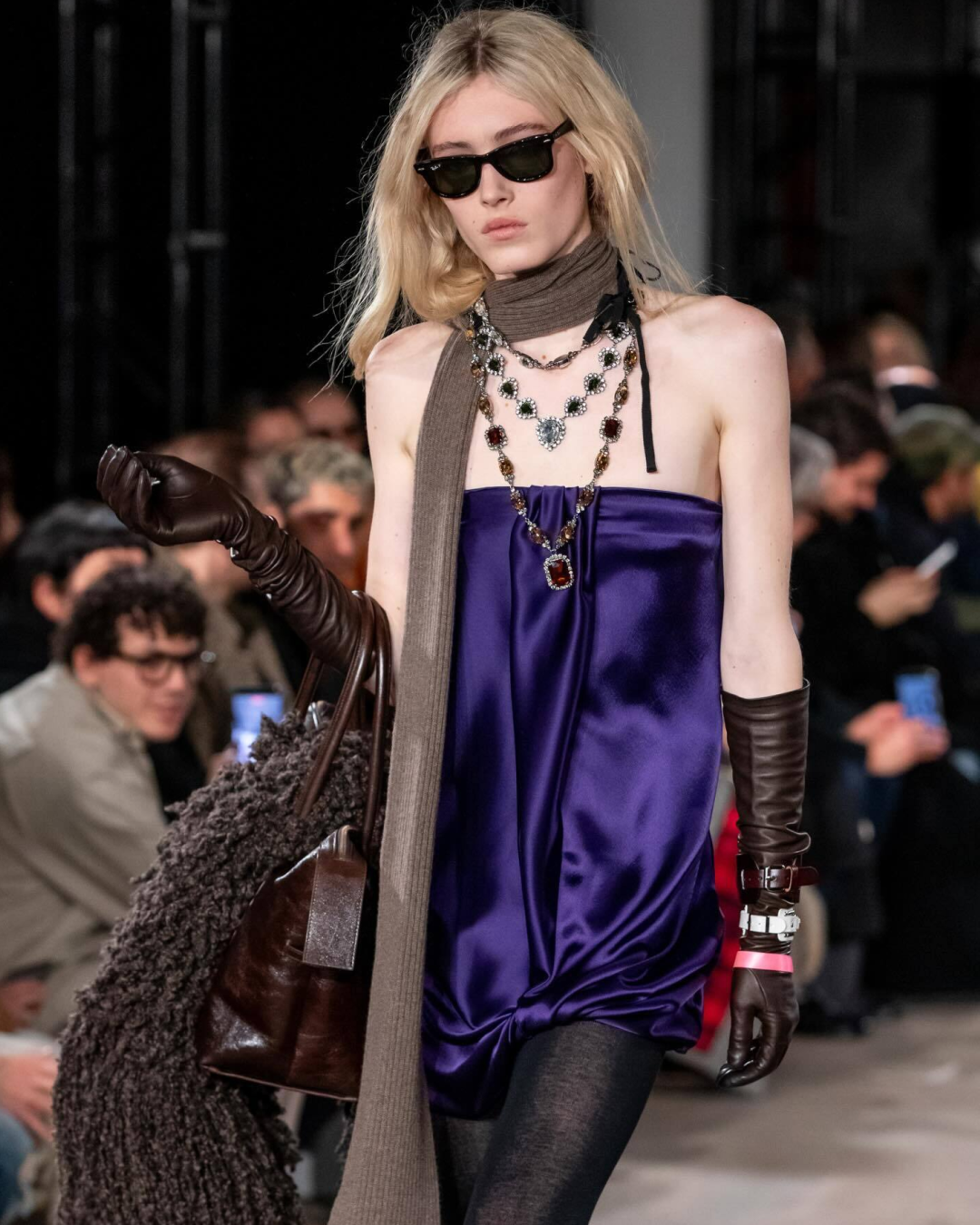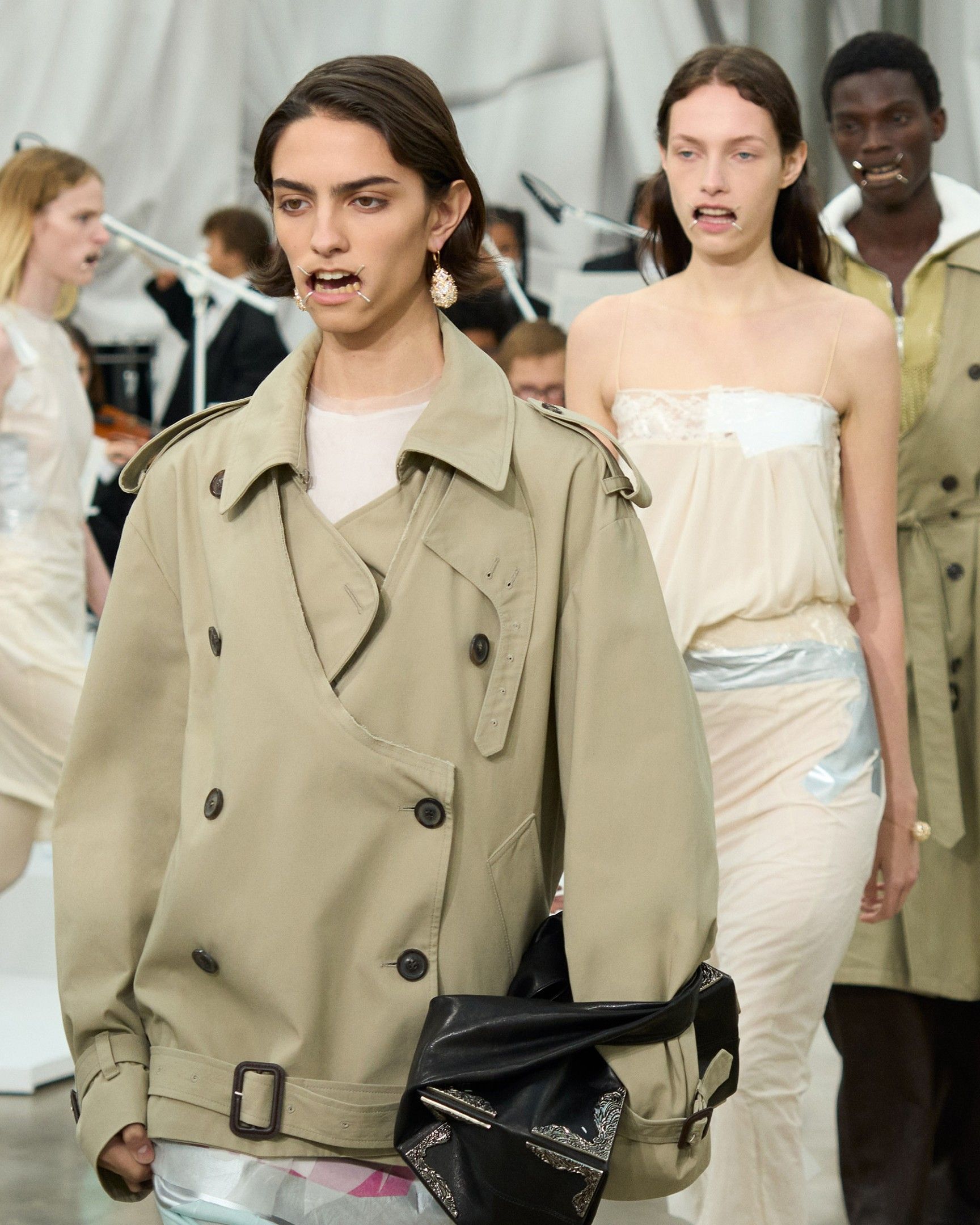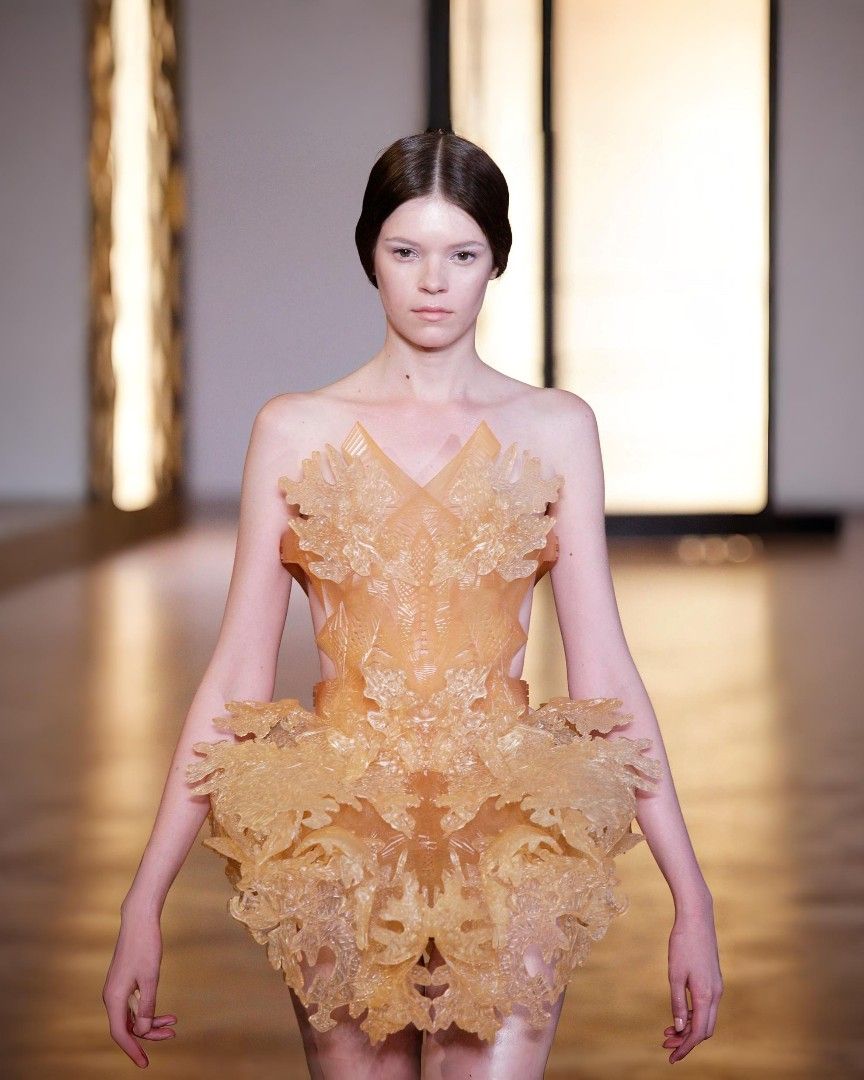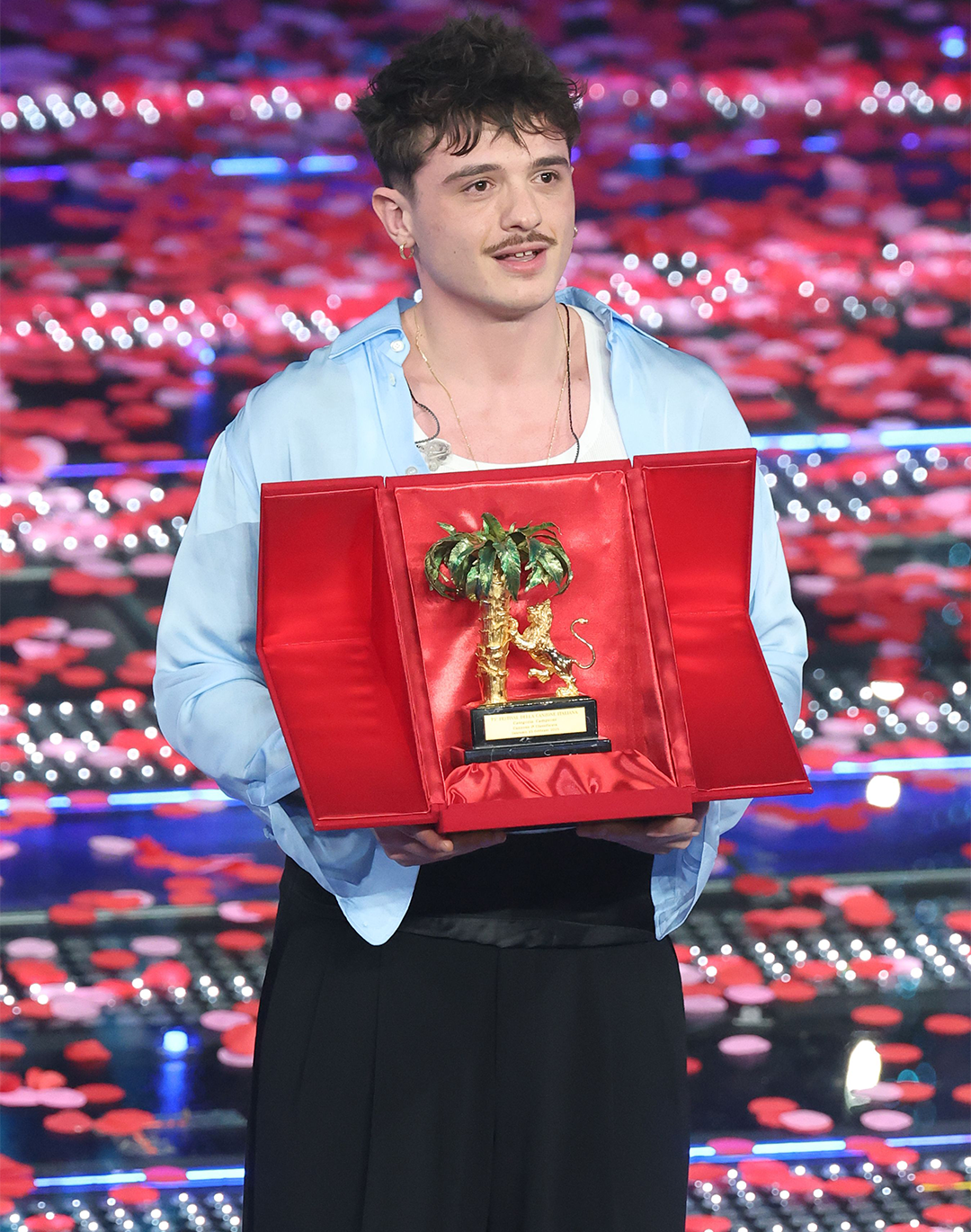
Mental health and the early 2000s: inside the world of affirmation memes When the psychological help is the Y2K aesthetic and heavy doses of irony
The face planed by Kim Kardashian's Instagram filters looks at us from the screen with an overlay writing: «I will party. I will not cry». In another image, a deformed photo of Paris Hilton leaving her car in a Juicy Couture suit and a titanic Hello Kitty bag bears the inscription: «I am so based». Yet another, with a grainy emoji showing the thumbs up reads: «I’m so sane it’s insane». And scrolling through the cult page @afffirmations such images abound, carousel after carousel of absurd and hypercolored motivational images, all suspended between sincerity and irony, all dedicated to this or that theme of the social strand called "mental health" but above all all full of an extremely cheesy visual aesthetic that immediately recalls the early 2000s. The artificiality and cheesiness implicit in non-ironic affirmations becomes an explicit cheesiness in affirmation memes both visually and with phrases such as «I can trick my brain into feeling good» or «I am not entering a deep psychosis». In fact, the two aesthetic strands, the memes and the early 2000s, share and cultivate the same fascination for cheesiness that is on the one hand a trigger for nostalgia and for the recognizability of the images themselves and that on the other, through its own exaggeration, becomes a parodic distortion of the "positivity at all costs" and devoid of ironies of the various online mental health communities.
When the cult page @afffirmations was born by inventing a format of its own, for example, the graphics were a parody of the Tumblr aesthetic and therefore used alienating stock photos of tropical landscapes, American villas, characters such as Hello Kitty, Trilli and My Little Pony. Only later did photos of a series of stars and films associated with the imagination of entertainment and gossip of the so-called Aughts but also with the social media of the origins with their grainy selfies, photos of real estate agencies and old Arab and Russian sites began to appear. Other pages such as the smallest and most traditional @affirmationmemes follow this line using graphics taken from iCarly, photos of Rihanna but also more canonical memes but always related to the field of nostalgia.
Precisely this aesthetic choice has collided with each other the funny cynicism of affirmation memes with that nostalgia of the early 2000s that is dominating the trends of pop culture. This aesthetic of excess and paradox is actually a way of making these images «more approachable and less boring», as the inventor of the format revealed in an interview with Vice last March. The founder of the page (who is 20 years old, lives and studies in Sweden and calls himself only "Matthew") explains how his affirmations are actually quite serious, open to interpretation but not intended as pure memes, on the contrary. According to Matthew:
«This is how I reached out to normal people who don’t know a lot about affirmations. They see it and they think it looks very absurd. Then, they follow because they think it’s a meme or they think it’s a funny, satirical page. And then they see that I know what I'm talking about».
In fact, among the hashtags listed below some of @afffirmations's photos there is one that is very eloquent: #newsincerity, coupled with others such as #postmodernism and #humansoflatecapitalism. Specifically, #newsincerity could represent how, in fact, the most canonical contents on mental health are not so sincere – therefore a denunciation of the so-called toxic positivity, in which "positivity at all costs" becomes a denial of reality and therefore prevents us from dealing with its negative aspects in a truly proactive way, that is, preventing the negativity from being processed in a mature way. Interviewed by Cosmopolitan about it, psychologist Miyume McKinley explained:
«This idea of being happy all the time, or of happiness as the ultimate goal, is portraying an idea of perfectionism and, as we all know, there is no such thing," she says. "The reality [is] that having vulnerable, unwanted feelings is a part of life, and that feeling sad, angry or jealous is part of being human».
And in fact the non-ironic intention present within the images of @afffirmations emerges from the captions to the images, which instead abandons the absurdist tone of voice and adopts the canonical optimistic language that the images seem to make fun of, complete with emojis of flowers and hearts. The final effect is that of a postmodern mixture of seriousness and parody in which little is understood where the truth lies - and this also includes comments, a mixture of parodic statements and "serious" statements. Nevertheless, the great merit of this and other pages is to address the issue of mental health in the light of the Millennial irony and therefore overcoming the impasse posed by toxic positivity and its monolithic optimism without nuances.
























































































